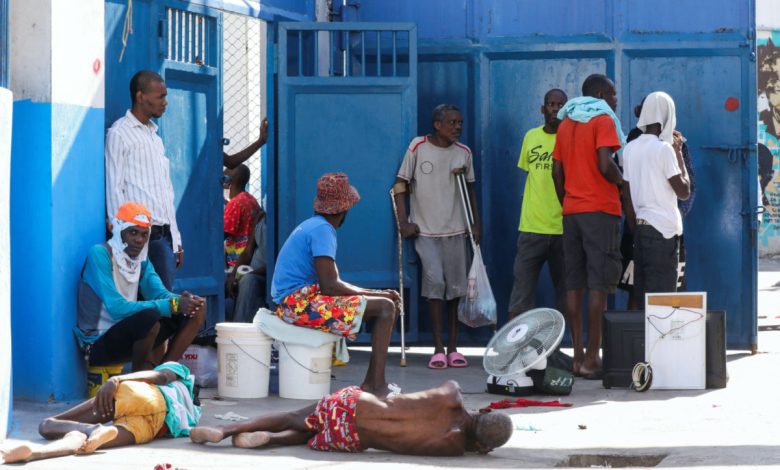Haiti’s Neighbors Prepare for ‘Drastic Escalation’ in Violence after Jailbreak

As a gang feud in the Caribbean Island intensified as hundreds fled new fighting, Haiti’s neighbors started fortifying their defenses and pulling out diplomatic personnel on Monday.
A gang leader demanded the resignation of Prime Minister Ariel Henry, and armed men freed hundreds of prisoners from prison, prompting Haiti’s de facto government to declare a 72-hour state of emergency and implement nocturnal curfews on Sunday.
The Dominican Republic, which borders Haiti on the island of Hispaniola and deported tens of thousands of Haitians last year, announced on Monday that its defense minister was visiting the border to oversee construction of a border fence, even though the president disregarded the possibility of setting up refugee camps for Haitians inside the nation.
The violence erupted while Henry was absent. Doubts had risen over Henry’s whereabouts after he traveled to Kenya to seal a deal for the African nation to lead an international force to help fight the increasingly powerful gangs.
Heavy gunfire was seen near Port Au Prince’s international airport during the day, airport authorities said.
The United States urged its citizens to leave Haiti “as soon as possible.” A spokesperson for the U.S. State Department said he believed Henry was returning to Haiti.
Brazil’s government called on the international community to implement the U.N.’s resolution to send a multinational force to Haiti. Brazil authorities noted in a statement that it had led a United Nations peace mission to Haiti from 2004 to 2017.
Neighboring Bahamas said it had called embassy staff back to New Providence, leaving just its charge d’affaires and two security attaches, while Mexico said its nationals should limit themselves to essential transit and stock up on water, fuel and non-perishables.
Gangs have warned residents around Port-au-Prince to keep children home, although the Haitian government has stipulated that schools will stay open.
The International Organization for Migration said that in just three days last week around 15,000 people are estimated to have fled gunfire in the capital, many of them from makeshift camps in schools, hospitals and squares to which they had already been displaced.
The United Nations estimated early this year that some 300,000 people had been forced to abandon their homes, fleeing indiscriminate killings, routine sexual violence, kidnappings and lootings as well-armed rival gangs fought over territory.





